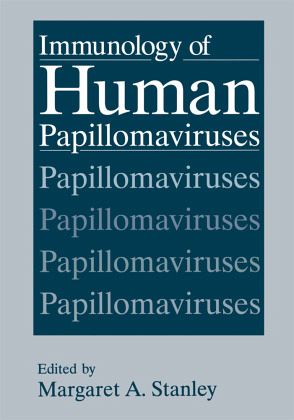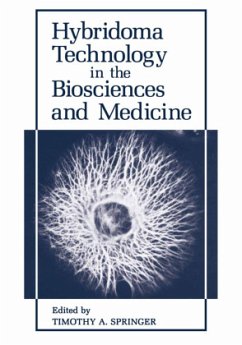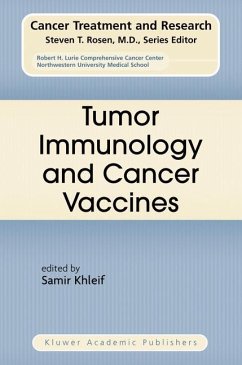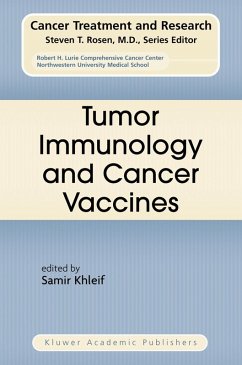
Immunology of Human Papillomaviruses

PAYBACK Punkte
19 °P sammeln!
This volume represents a series of papers presented at the Second International Workshop on HPV Immunology held at the University of Cambridge July 5-7 1993. This Workshop and its predecessor held in Amsterdam in May 1992 were two of the major activities of the European Concerted Action "Immunology of Human Papillomavirus and Vaccine Development". The Concerted Action (CA) was supported by grants from the Commission of the European Communities (EC), the French Association for Cancer Research (ARC) and the European Association for Medical Research (EAMR). Twenty two laboratories throughout Euro...
This volume represents a series of papers presented at the Second International Workshop on HPV Immunology held at the University of Cambridge July 5-7 1993. This Workshop and its predecessor held in Amsterdam in May 1992 were two of the major activities of the European Concerted Action "Immunology of Human Papillomavirus and Vaccine Development". The Concerted Action (CA) was supported by grants from the Commission of the European Communities (EC), the French Association for Cancer Research (ARC) and the European Association for Medical Research (EAMR). Twenty two laboratories throughout Europe and Scandinavia were members of the CA, the objectives of which were to develop collaborations, implement scientific exchanges and co-operate in a collective effort to develop vaccination strategies for HPV. HPV's are ubiquitous pathogens and evidence which has been accumulated over the past decade leaves little doubt that infection with certain HPV types (the so called "oncogenic HPV's" 16, 18 and their relatives) is the major risk factor in the development of cancer of the uterine cervix in women. Since an infectious agent, a virus, is implicated as the main aetiologic factor in this disease, the possibility is raised that if one could prevent HPV infection or treat established infections this would be an effective anti-cancer strategy against what is the commonest cancer in women worldwide.














